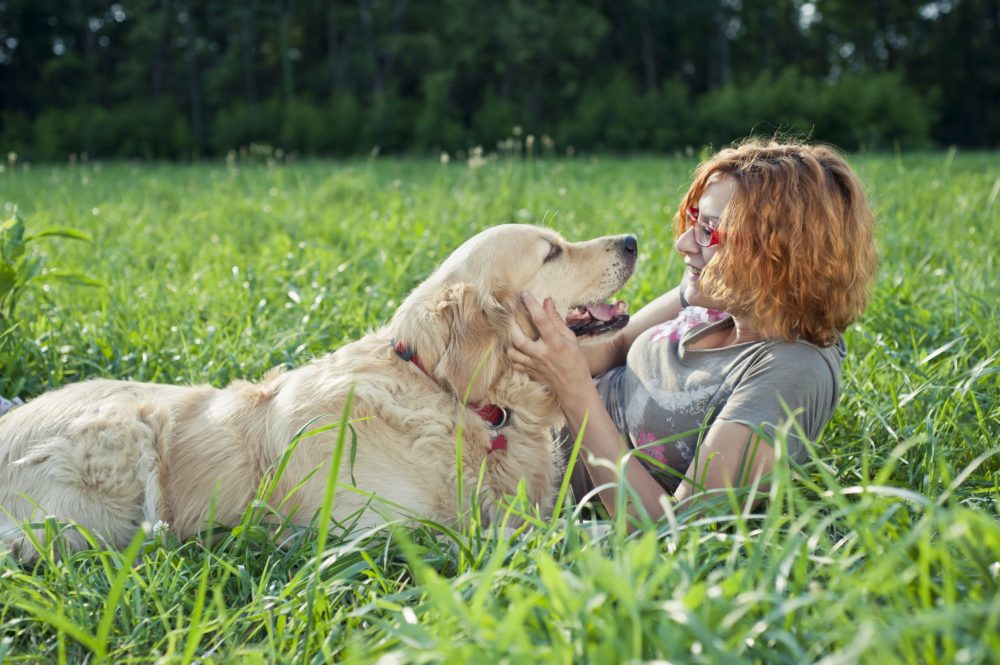
A dog owner’s responsibility goes beyond feeding, grooming, and taking care of vaccinations and vet visits. If you bring a furry companion home, you need to make sure it grows into a happy and friendly pet. Everything boils down to teaching social skills to your canine friend. It makes the animal easygoing and comfortable when people are around. You can have a better time with the pet outdoors and while traveling. Just a little effort takes you a long way to teach social skills to your dog. Here are some tips that help.
Take it out for daily walks
Exercise is essential for keeping your furry friend in good shape. Daily walks keep it active and regular with toilet habits. But there’s much more a walk in the park can do for your pet. It becomes comfortable with people, other pets, and traffic sounds. You will have a less anxious dog to deal with. Take different routes to give your pet the chance to experience different sights and sounds and meet new friends.
Mix up the exposure
Social exposure for your canine companion makes it happy and comfortable with people and pets. Mix it up by exposing it to men, women, children, and pets. If the dog hangs out with just you or your family, it hardly gets a chance to develop social skills. Work on diversifying its social calendar and taking it out for special events in the town. Enlist a dog walker to ensure it spends time with an outsider.
Research what works
When it comes to teaching social skills to your canine companion, it always helps to research what works. You can check puplore.com to learn more about the mannerisms and temperaments for different breeds. Knowing what to expect helps you devise a personalized social training method for your pet. The more you understand its behavior, the better results you can get.
Start early
Besides knowing what works for your dog breed, starting early helps with faster and better outcomes. The best time to socialize a puppy is between 3 and 12 weeks. Exposure during this window of time can give you a head start. But it does not mean you cannot work on an older dog. You can still inculcate social skills in an older dog, though it will require more effort and exposure.
Stay calm and consistent
Social skills training takes time and effort, so you need to be calm and consistent with your efforts. Do not push too hard if the animal acts scared, but stay firm with it. You can give treats as a reward and positive reinforcement when the pet behaves well. Once the dog understands the importance of socializing with people, it will make efforts on its own. You can send the pet to skills classes for extra help.
Developing social skills in your pet is a worthwhile effort because it makes the animal happy and friendly. It will love being outdoors and interacting with other people and animals, making you a proud owner.
Leave a Reply